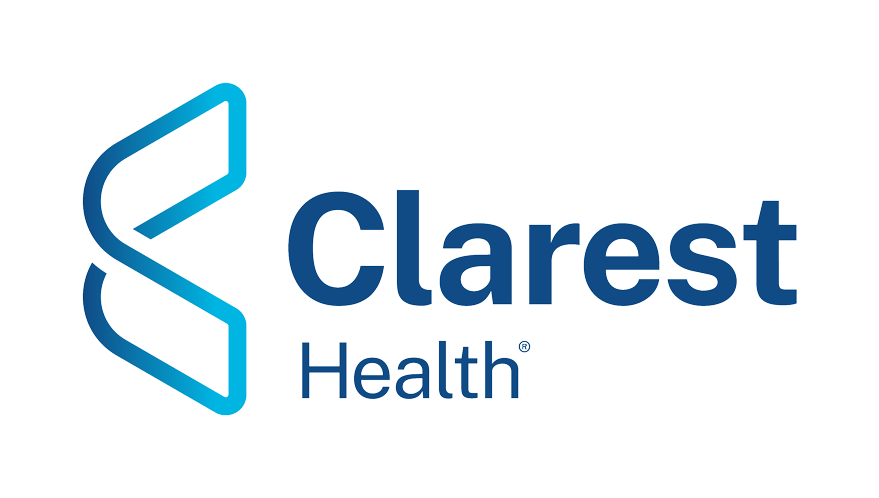Healthcare providers understand the unique challenges faced by the elderly population in managing chronic conditions. The intersection of aging, chronic disease, and the necessity for comprehensive care makes this a critical focus area. Ensuring the health and well-being of older adults requires a multifaceted approach, with Medication Management at its core.
The Crucial Role of Medication Management
Effective medication management is paramount in promoting long-term well-being for older adults. This process involves the careful selection, administration, and monitoring of medications to treat chronic conditions, prevent complications, and improve overall health.
A comprehensive medication management plan should include:
- Regular medication reviews to assess efficacy and detect potential drug interactions.
- Personalized medication regimens tailored to the specific needs of each patient.
- Clear communication with patients and their families about the importance of medication adherence.
Improving Quality of Life Through Medication Adherence
Medication adherence—the extent to which patients take medications as prescribed—is a critical factor in managing chronic conditions and enhancing the quality of life for older adults. Non-adherence can lead to worsened health outcomes, increased hospitalizations, and a decline in the patient’s ability to live independently.
Strategies to improve medication adherence include:
- Simplifying medication regimens where possible.
- Utilizing pill organizers or automated dispensing systems.
- Providing educational resources to patients and caregivers.
- Establishing a strong patient-provider relationship to encourage open communication and trust.
Managing Chronic Conditions in Elderly Patients
Chronic conditions such as diabetes, hypertension, arthritis, and heart disease are prevalent among the elderly population. Effective management of these conditions is crucial for maintaining quality of life and independence. Here’s how proper medication use can make a difference:
- Diabetes Management: Consistent use of insulin or oral hypoglycemics, combined with lifestyle modifications, can prevent severe complications like neuropathy, retinopathy, and cardiovascular disease.
- Hypertension Control: Adhering to antihypertensive medications helps in preventing strokes, heart attacks, and kidney damage.
- Arthritis Relief: Regular use of anti-inflammatory drugs or disease-modifying antirheumatic drugs (DMARDs) can alleviate pain and improve mobility.
- Heart Disease Prevention: Medications like beta-blockers, ACE inhibitors, and statins are essential in managing symptoms and preventing disease progression.
Conditions Qualifying for Chronic Care Management
Not all conditions automatically qualify for chronic care management, but those that significantly impact the patient’s daily life and require ongoing medical attention typically do. Common qualifying conditions include:
- Diabetes
- Hypertension
- Chronic obstructive pulmonary disease (COPD)
- Heart failure
- Dementia and Alzheimer’s disease
By focusing on effective medication management and medication adherence, healthcare providers can significantly impact the health and quality of life of their elderly patients. Collaboration with a dedicated pharmacy ensures that patients receive the most appropriate medications, monitoring, and support needed to manage their chronic conditions effectively.
The importance of medication management cannot be overstated. At Clarest, we recognize the challenges healthcare providers encounter daily in managing complex medication regimens. Our tailored solutions can alleviate these challenges and empower providers with the ability to achieve unparalleled efficiency and patient outcomes. Through careful planning, education, and support, we can help older adults maintain their independence, improve their quality of life, and manage chronic conditions more effectively.
Clarest empowers providers with:
- Better patient outcomes: By partnering with Clarest Health, providers witness tangible improvements in patient health, thanks to streamlined medication management.
- Improved adherence: Our comprehensive Medication Management solutions boost patient adherence rates, leading to more effective treatment outcomes and better overall health.
- Enhanced patient satisfaction: With Clarest Health’s support, providers deliver a higher standard of care, resulting in increased patient satisfaction and trust.

